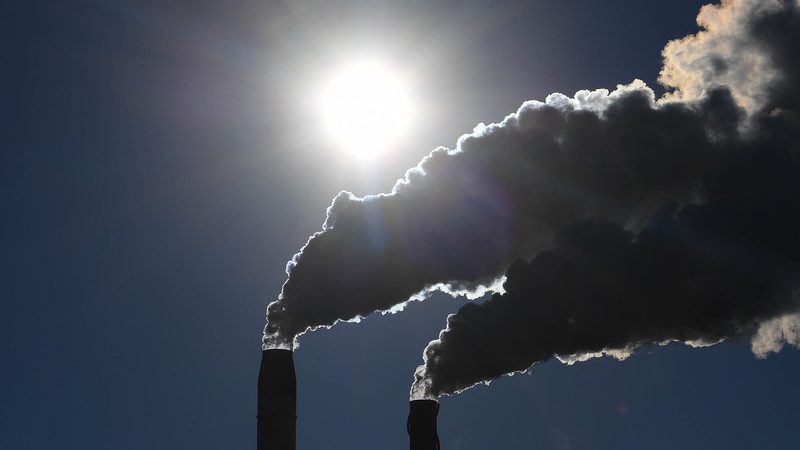Prices of EU carbon emissions are unlikely to retreat again following their recent surge, as the forthcoming EU Emissions Trading System (ETS) revision will tighten the market to better reflect the EU’s climate ambitions. So says Czech and Slovak steel association Steel Union chairman Daniel Urban.
Over the last two years carbon emissions allowances have soared from around €10/tonne of CO2 to €40/t ($48). Steelmakers are no longer receiving free allocations and need to buy allowances from the market.
The production of one tonne of steel produces about 2 tonnes of CO2, with the main source being coke, which is used as a reducing agent for iron ore. There is presently no other technology for producing steel from iron ore that works technically and economically on the required scale, Urban says in a note on the association website seen by Kallanish.
“The steel industry is a global industry,” Urban says. “We cannot pass on climate costs to our sales prices, because our steel would become globally uncompetitive. So, we need a chance to compete on a fair and level field.” To address this issue, the European Commission plans to introduce a carbon border tax, although it remains unclear what this will look like, and if it will be effective or compatible with WTO rules, he adds.
“In the next two or three years, it will be decided whether Europe will maintain its own industrial base,” Urban continues. “Of course, demand for steel in Europe will not disappear. However, it risks being satisfied by third country producers. This would be a failure of European climate policy, because steel must be a pillar of climate neutrality and of the circular economy.”
Adam Smith Germany






